Myth 1
"Homebuyers should shop around with different lenders to see who will give them the best interest rate."
Buyers SHOULD explore different lenders, loan options, and mortgage companies, but there are far more important factors to consider with this decision than the lowest rate. Of course, no one wants to spend more than they should for a mortgage (it’s expensive enough as it is in the DC area!), but the lowest interest rate may come at the cost of additional fees and charges, your customer experience, and your ability to get your offer accepted.
The lowest interest rate won’t make a difference if the seller doesn’t accept your offer.
Myth 2
"It’s a good idea to use the lender who offers the lowest interest rate."
When getting pre-approved, a lender can share with you what your interest rate would be on the day you inquire, but there is no guarantee that rate will be available when you find the house you want to buy. Additionally, it is a common practice to offer lower rates that are offset with “points” or fees that buy down the interest rate. A lender should provide a complete breakdown of all expenses with any quote or estimate, and it’s important to compare these or ask your real estate agent for assistance in determining whether or not the rate is being bought down.
Myth 3
"The purpose of contacting a lender before starting a home search is to get pre-approved."
Pre-approval is only one part of the process of exploring your financing options - yes it’s important to make sure you are able to get a mortgage, but more important is finding a good lender who is able to guide you through the process successfully. The lender you choose is a member of the team helping you through your purchase, their ability to provide accurate information, answer questions and respond promptly impacts not only your experience but also your outcome.
Myth 4
"It’s easier to get pre-approved with my bank so I should just reach out to them."
All lenders are going to request essentially the same information when it comes to pre-approval. Yes, your bank may be able to see what assets you have in your bank account, but that’s only one small part of the information collected. Banks are often not the best option for your mortgage needs and if you want to consider your bank for your mortgage, be sure to consider at least 2 other options as well.
Myth 5
"It’s best to save up enough money to have a 20% down payment before getting a mortgage."
It is definitely true that a higher down payment (up to 25%) will allow you to have a lower interest rate, and a larger down payment reduces your loan amount and overall monthly payment. However, the interest rate difference between a 10% and 20% down payment is typically not all that significant. This becomes more a question of timing and overall investing strategy. There are many situations where lower down payment amounts are financial advantageous and this is a case where your lender can help you decide what is best for you.
Seeking Guidance on Lenders?
You're Not Alone!
Embarking on your mortgage journey can feel overwhelming, but remember, we're here to navigate it together.



